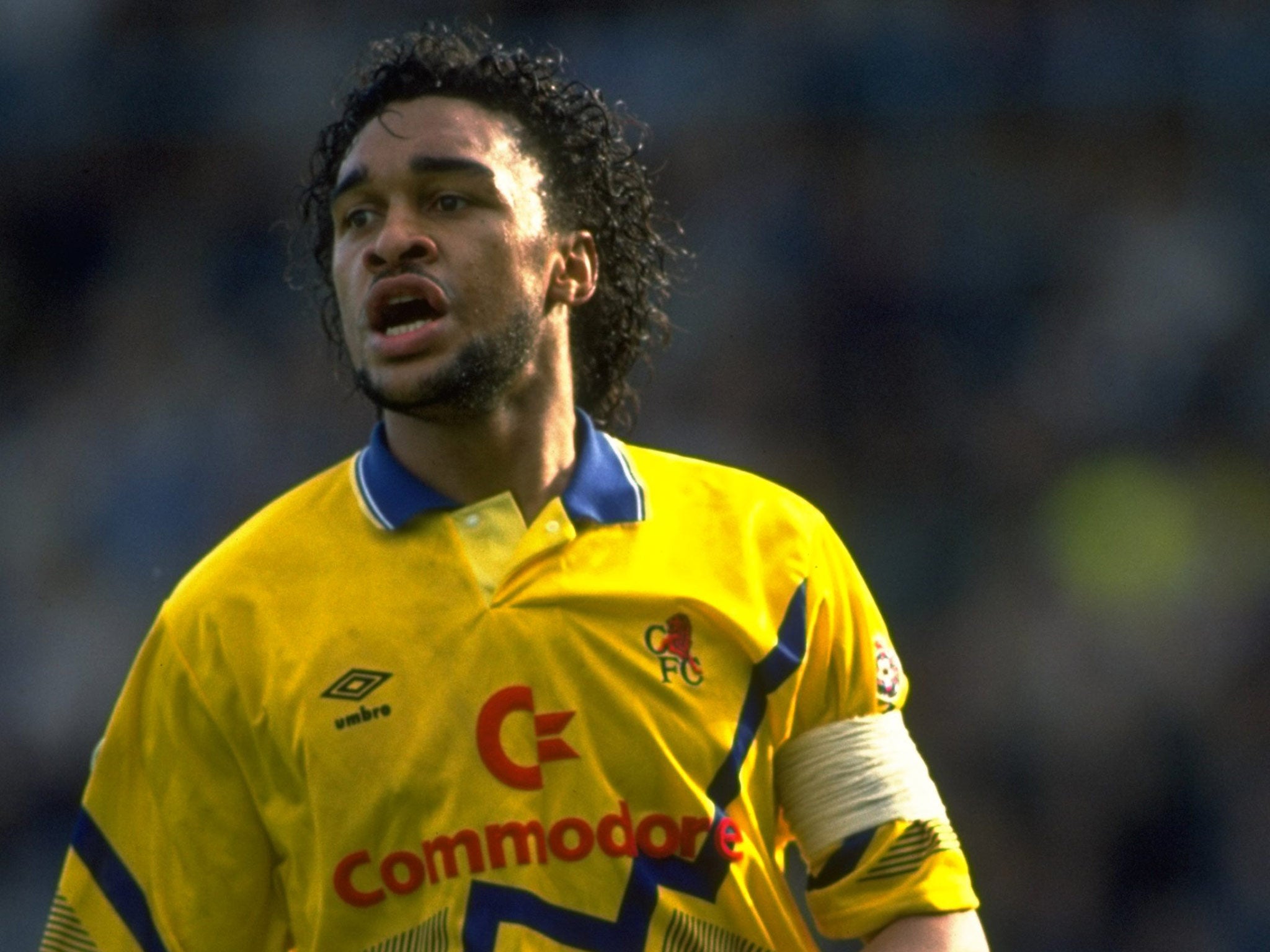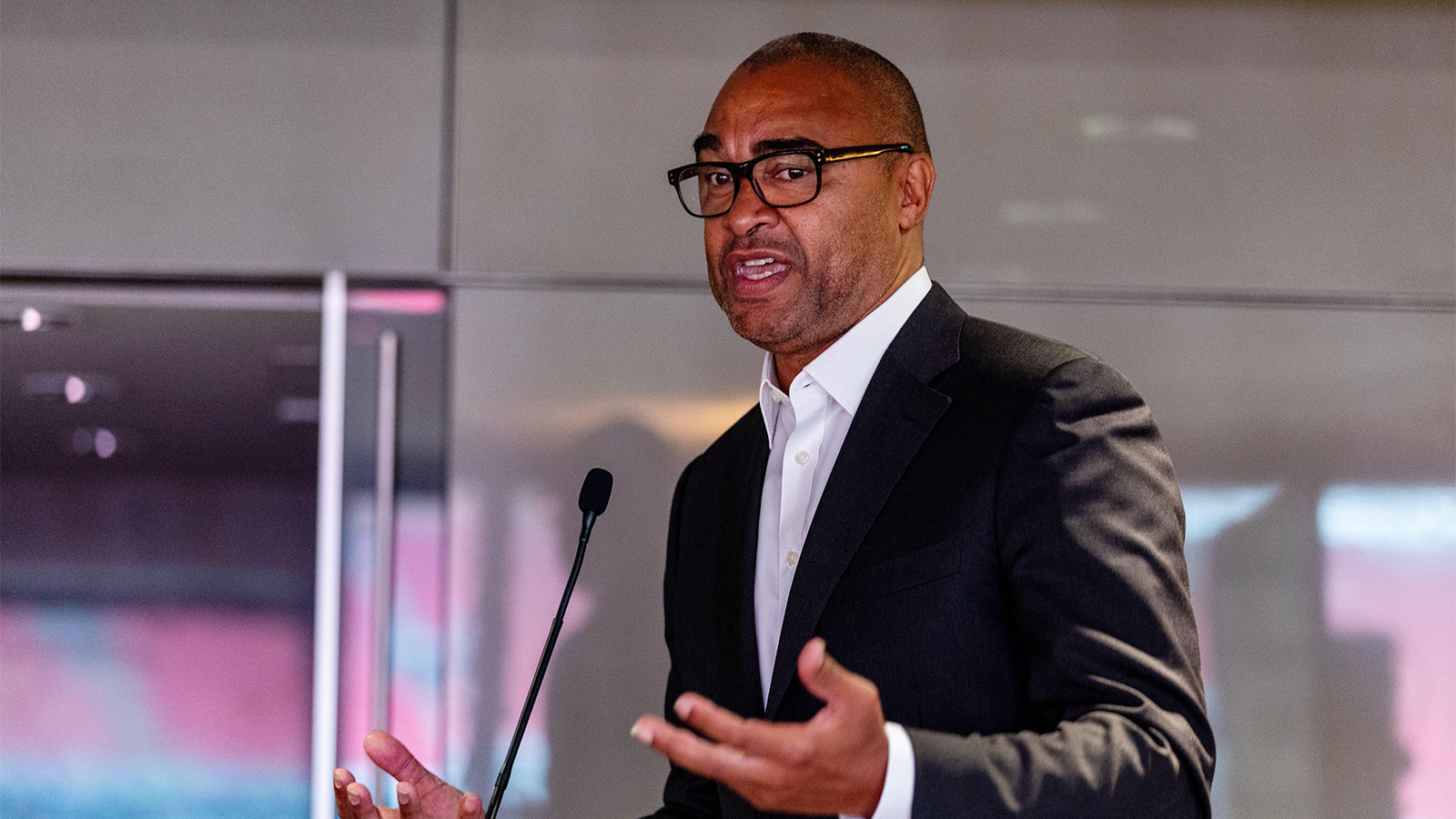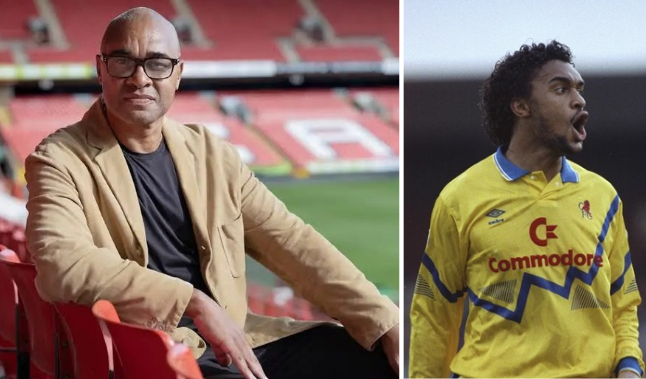Paul Elliott is a name that resonates in the world of English football. Known for his strength, resilience, and impressive skills, he carved out a successful career as a footballer. This article will take a deep dive into the life and career of Paul Elliott, highlighting his achievements, challenges, and legacy in the sport.
Quick Bio
| Attribute | Details |
|---|---|
| Full Name | Paul Elliott |
| Date of Birth | 15 September 1962 |
| Place of Birth | London, England |
| Position | Centre-back |
| Height | 6 feet 3 inches (1.91 m) |
| Nationality | English |
| Playing Career | 1979–1999 |
| Notable Clubs | Charlton Athletic, AS Roma, Celtic |
| International Caps | 2 (for England) |
| Managerial Roles | Yes (involved in coaching later) |
| Retirement Year | 1999 |
Early Life and Beginnings

Born in London, Paul Elliott grew up in a working-class environment. From a young age, he exhibited a keen interest in football and honed his skills in local clubs. His towering height and physicality made him a natural fit for the position of centre-back, where he would later make his mark in the football world. Growing up, Paul faced the challenges common to many young athletes: balancing school with his passion for sport. Despite the hardships, he remained determined to pursue a professional career in football, and by the time he was a teenager, his talents had begun to draw attention from football scouts.
Early Career and Breakthrough

Paul Elliott’s football journey began with his early years at Charlton Athletic. He joined the club’s youth setup and quickly moved through the ranks, making his senior debut in the early 1980s. It was at Charlton Athletic where Elliott first caught the eye of football fans and coaches alike. His commanding presence on the pitch and his leadership skills were evident, despite his young age. He played a crucial role in Charlton’s defense, making an immediate impact on the team’s performance in the English Football League.
His performances at Charlton Athletic caught the attention of larger clubs, and soon he was making a name for himself on the national scene.
Move to AS Roma
After establishing himself as a solid defender, Elliott made a significant move in his career. In 1989, he was signed by AS Roma, one of Italy’s most prestigious clubs. The move to Italy marked a significant turning point in Paul’s career, as it was his first taste of playing international football. Playing in Serie A, known for its defensive rigor, allowed Elliott to further develop his skills.
In Italy, Elliott was able to showcase his defensive talents, which were essential to the style of play in Serie A. He became a crucial part of the AS Roma defense, earning recognition for his aerial ability and his physical style of play. Although the move to Italy was challenging due to cultural differences and language barriers, Elliott thrived, gaining valuable international experience and broadening his footballing knowledge.
A Return to England: Celtic FC

After his stint in Italy, Paul Elliott returned to the UK and joined Celtic FC, one of Scotland’s most iconic football clubs. His time at Celtic was one of the most memorable chapters of his career. During his tenure, he helped guide the team to numerous successes, solidifying his reputation as one of the finest defenders in British football.
Elliott’s performances at Celtic Park were consistent, and he became a fan favorite due to his tough tackling, leadership on the field, and his commitment to the club. He played a key role in Celtic’s defense during a crucial period in the club’s history, contributing to the team’s stability both in domestic competitions and in European tournaments.
International Career with England
Though Paul Elliott’s club career was highly successful, his international career was somewhat limited. He earned two caps for England, making his debut in 1989. His international appearances were relatively few compared to his club career, but the time he did spend with the national team showcased his ability at the highest level of competition.
Elliott’s inclusion in the England squad was not without its controversies. Some pundits and fans believed he deserved more opportunities to represent his country, especially given his outstanding performances for his clubs. Nevertheless, Elliott’s time with the national team marked a notable chapter in his career, even if it was not as extensive as some may have expected.
Playing Style and Legacy
Paul Elliott was known for his dominant presence on the field. Standing at an imposing 6 feet 3 inches, he was a physical force in defense. He had excellent positioning, great aerial ability, and a natural talent for reading the game. His calmness under pressure and tactical intelligence were key attributes that helped him succeed at the top level of football.
Elliott’s ability to lead from the back was one of his defining characteristics. He was a vocal leader on the pitch, organizing the defense and ensuring the team remained solid. His discipline and mental toughness made him a standout centre-back during his career. In fact, many consider him one of the finest English defenders of his era.
Challenges and Setbacks
Despite a successful career, Paul Elliott’s football journey was not without challenges. Injuries plagued much of his career, and in some ways, they prevented him from achieving even greater success. These injuries, combined with periods of inconsistency, often made it difficult for him to maintain his place in the starting lineup at certain points in his career.
However, Elliott’s resilience in the face of these setbacks is noteworthy. He consistently worked hard to recover from injuries and regain his form. His mental fortitude and determination to continue playing at the highest level were a testament to his character.
Retirement and Life After Football
In 1999, after a long and successful career, Paul Elliott decided to retire from football. His retirement marked the end of an era, but it didn’t signal the end of his involvement in the sport. After retiring, Elliott turned to coaching and management, staying involved in the football world. He also became an advocate for various charitable causes, using his platform to support initiatives in the community.
Although he was no longer playing professionally, Elliott’s influence continued to be felt. His insights and knowledge of the game made him a respected figure in football, and he went on to mentor younger players in various capacities.
Personal Life and Philanthropy
Outside of football, Paul Elliott has always been passionate about giving back to the community. He has supported several charitable causes throughout his life, particularly those aimed at helping underprivileged youth. His personal life has been relatively private, but those who know him describe him as a kind-hearted individual with a strong sense of responsibility towards helping others.
Through his charitable work and commitment to improving society, Elliott has maintained a positive legacy beyond his football achievements.
Paul Elliott’s Influence on Modern Football
While Paul Elliott’s playing career may be behind him, his influence continues to be felt in modern football. His leadership qualities and his approach to the game serve as an inspiration for up-and-coming defenders. In particular, his focus on being a vocal leader and his commitment to a team-oriented style of play have shaped the way modern centre-backs approach their positions.
Many current players cite Elliott’s work ethic and mentality as key elements of their development. His ability to stay calm under pressure and focus on the bigger picture, rather than individual glory, has had a lasting impact on the next generation of footballers.
Final Thoughts on Paul Elliott’s Legacy
Paul Elliott’s journey from a young boy in London to an international footballer is a story of perseverance, talent, and determination. Throughout his career, he demonstrated a level of commitment and passion for the game that few can match. His legacy as a strong, commanding defender remains intact, and his influence on the sport is still evident today.
Although his career was marked by injuries and missed opportunities, Elliott’s impact on football is undeniable. He remains an example of what hard work, focus, and dedication can achieve, both on and off the pitch.
FAQs
What position did Paul Elliott play in football?
Paul Elliott played as a centre-back during his career.
Which clubs did Paul Elliott play for?
Paul Elliott played for Charlton Athletic, AS Roma, and Celtic among others.
How many caps did Paul Elliott earn for England?
Paul Elliott earned two caps for the England national team.
What was Paul Elliott known for as a player?
He was known for his strength, leadership, and aerial ability as a centre-back.
What did Paul Elliott do after his retirement?
After retiring, Paul Elliott moved into coaching and became involved in various charitable causes.
visit for more information go to Daily Caller


